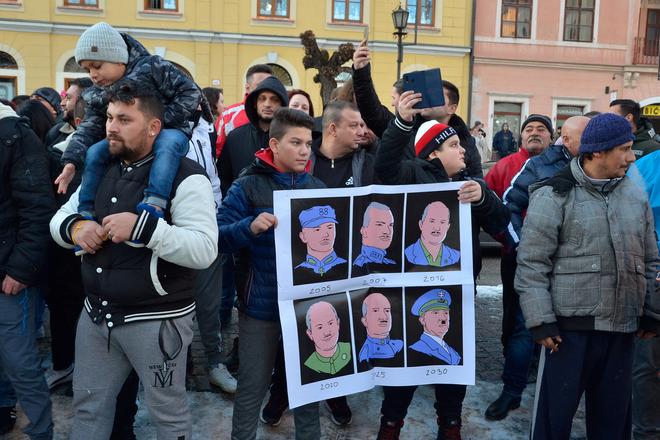The ethnic Roma people in Slovakia enjoy undeserved advantages. Almost 80 percent of respondents in a poll conducted by the Slovak Academy of Sciences about the attitude towards the Roma minority said they believed that to be the case.
How people feel about the Roma
More than 60 percent of respondents identify with openly negative stereotypes about the Roma.
51 percent consider the people of this ethnic minority a threat to national identity.
More than 40 percent of respondents do not oppose hostile rhetoric against the Roma.
The poll was carried out by the Institute for Research in Social Communication in June 2019 through an online panel of 1,033 respondents.
Playing the Roma card, or abusing these sentiments toward the Roma minority for politics, has typically been one of the election campaign tactics applied by many Slovak politicians, much like the Hungarian card a decade ago or the anti-migrant rhetoric ahead of the 2016 parliamentary election.
That is not the case in the ongoing campaign when major parties running in the race are considered. Even the far-right People’s Party Our Slovakia (ĽSNS), which used to have “dealing with parasites in settlements” among its main topics before elections, does not make any such reference in the 10 points of their election programme.
It is the growing support for extremist parties that seems to have boosted the civic engagement of the Roma ahead of the 2020 election.
“It seems that we are witnesses of the greatest civic mobilisation of Roma in Slovakia,” Tomáš Hrustič, an expert from the Institute of Ethnology and Social Anthropology of the Slovak Academy of Sciences and National Democratic Institute, told The Slovak Spectator. These are not only well-known Roma activists but also ordinary people who have never felt the need for public involvement. They now go out to the squares to express their opposition to fascism.
Meanwhile, the Opre Roma initiative has emerged to translate that mobilisation into election turnout, which tends to be lower than the average among the Roma voters, as well as educate the Roma living in marginalised communities not to sell their votes.
Reasons to vote
“Part of Roma voters who live in marginalised communities will unfortunately only go to vote if someone offers them something,” Csaba Horváth, activist and director of Opre Roma, explained the idea behind the campaign.
Cases of vote buying in marginalised communities are reported during nearly every kind of election in Slovakia.
Most recently, the police reported on February 7 that they arrested a person in an unspecified village in central Slovakia. The person they caught red-handed, while accepting a bribe of €1,000, was to facilitate the buying of Roma votes in the upcoming parliamentary election, the TASR newswire reported.
“This is why the [Roma] voices have not been heard yet because, before the election, they are viewed as votes that could be gained easily,” Horváth told The Slovak Spectator.


